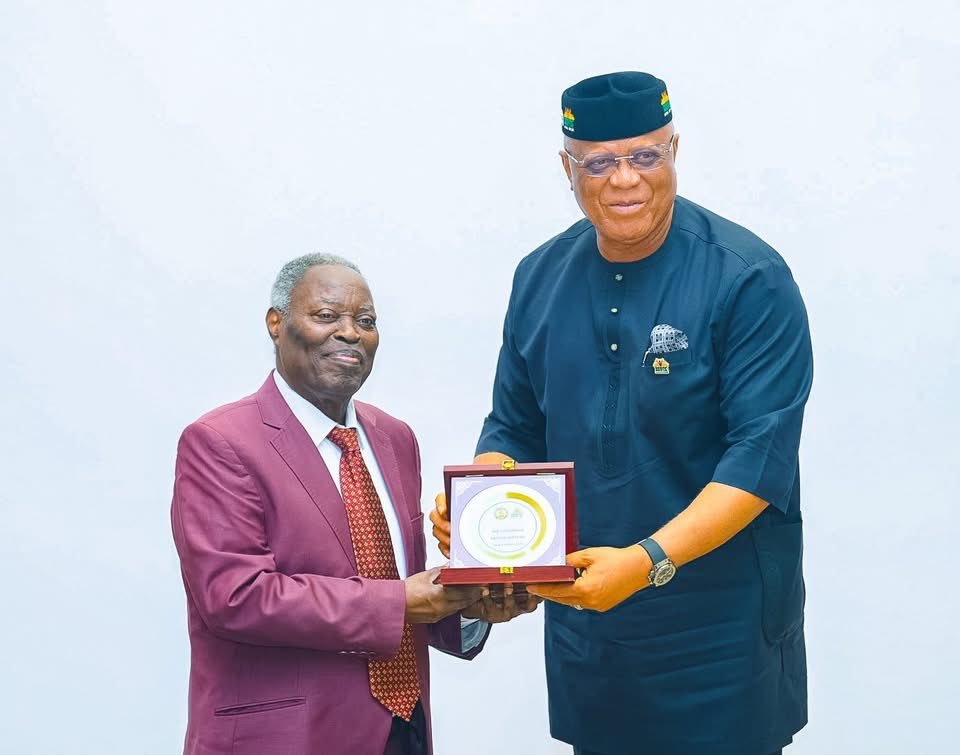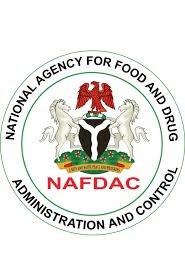WHO URGES NATIONS TO REBUILD SOCIAL BONDS AMID GLOBAL LONELINESS SURGE

The World Health Organization (WHO) has sounded the alarm on what it calls a “defining challenge of our time”: loneliness and social isolation. According to a global report released by the WHO Commission on Social Connection, one in six people worldwide suffers from loneliness—a condition now linked to over 871,000 deaths annually, averaging about 100 every hour.
The report revealed that loneliness significantly increases the risk of serious health issues, including heart disease, stroke, diabetes, cognitive decline, and premature death. WHO officials warned that if left unaddressed, this widespread disconnection could strain healthcare systems, derail economies, and weaken the very fabric of communities.
The Co-chair of the Commission and former U.S. Surgeon General, Dr. Vivek Murthy reportedly said that the Commission’s report aimed to expose the scale and urgency of loneliness, describing it as a pervasive issue that impacts not just personal well-being but also educational outcomes, workplace performance, and national productivity.
He explained that the report outlines a roadmap for building more connected lives, and stressed that fostering human connection must become a global health priority.

WHO IS AFFECTED, AND WHY IT MATTERS
The WHO report stated that loneliness cuts across age, geography, and income—but some groups are particularly vulnerable. For example, 17–21% of people aged 13 to 29, especially teenagers, reported feeling lonely.
The prevalence was even higher in low-income countries, where 24% of people reported feeling lonely, double the rate of those in high-income countries. Older adults, adolescents, people with disabilities, refugees, LGBTQ+ individuals, and ethnic minorities were said to be at greater risk of social isolation due to systemic discrimination, living conditions, or limited access to community services.
Dr. Chido Mpemba, the Commission’s Co-chair and Advisor to the African Union Chairperson, was quoted as saying that although the world is more digitally connected than ever, many young people still feel deeply alone. She emphasized the need to ensure that digital platforms strengthen, rather than undermine, real-world human connection. According to her, social connection should be considered across all sectors—from education and employment to technology and health policy.
HEALTH, MENTAL WELL-BEING, AND ECONOMIC CONSEQUENCES
WHO officials reported that loneliness is not just an emotional issue—it is a serious public health risk. According to the Commission’s data, people who experience loneliness are twice as likely to suffer from depression and are more prone to anxiety, suicidal thoughts, and self-harm.
The impact on education was also highlighted, as lonely teenagers were said to be 22% more likely to score lower grades or qualifications. In the workforce, adults experiencing loneliness reportedly faced greater difficulty maintaining employment and were more likely to earn less over time.
In his remarks, WHO Director-General Dr. Tedros Ghebreyesus reportedly warned that loneliness and isolation not only harm individuals and families but also cost societies billions in lost productivity, healthcare, and social services. He noted that communities with strong social bonds tend to be safer, healthier, and more resilient—particularly in times of crisis.
WHAT’S BEHIND THE CRISIS?
The WHO report defined loneliness as the painful feeling that arises from a gap between the social connections one has and the ones they desire, while social isolation was described as the objective lack of interaction with others.
Contributing causes reportedly include poor health, poverty, limited education, urban living, and inadequate infrastructure, such as a lack of accessible parks or libraries. Officials also expressed concern about the mental health impacts of excessive screen time and toxic online interactions, especially among young people.

WHAT CAN BE DONE? WHO’S ROADMAP FOR ACTION
In response to the crisis, the WHO Commission laid out a five-point roadmap for global action, which includes:
- Policy changes to prioritize social connection in government planning
- Investments in research and a global Social Connection
- IndexCommunity-based interventions to strengthen social infrastructure
- Improved measurement tools to assess connection
- Public awareness campaigns to shift cultural norms around loneliness
The Commission reportedly urged countries to take action at individual, community, and national levels, pointing to examples like investing in public gathering spaces, promoting mental health services, and encouraging intergenerational programs.
WHO emphasized that every person can be part of the solution. Small actions—like checking in on a friend, putting aside a phone during conversations, volunteering, or simply greeting a neighbor—can have ripple effects.









